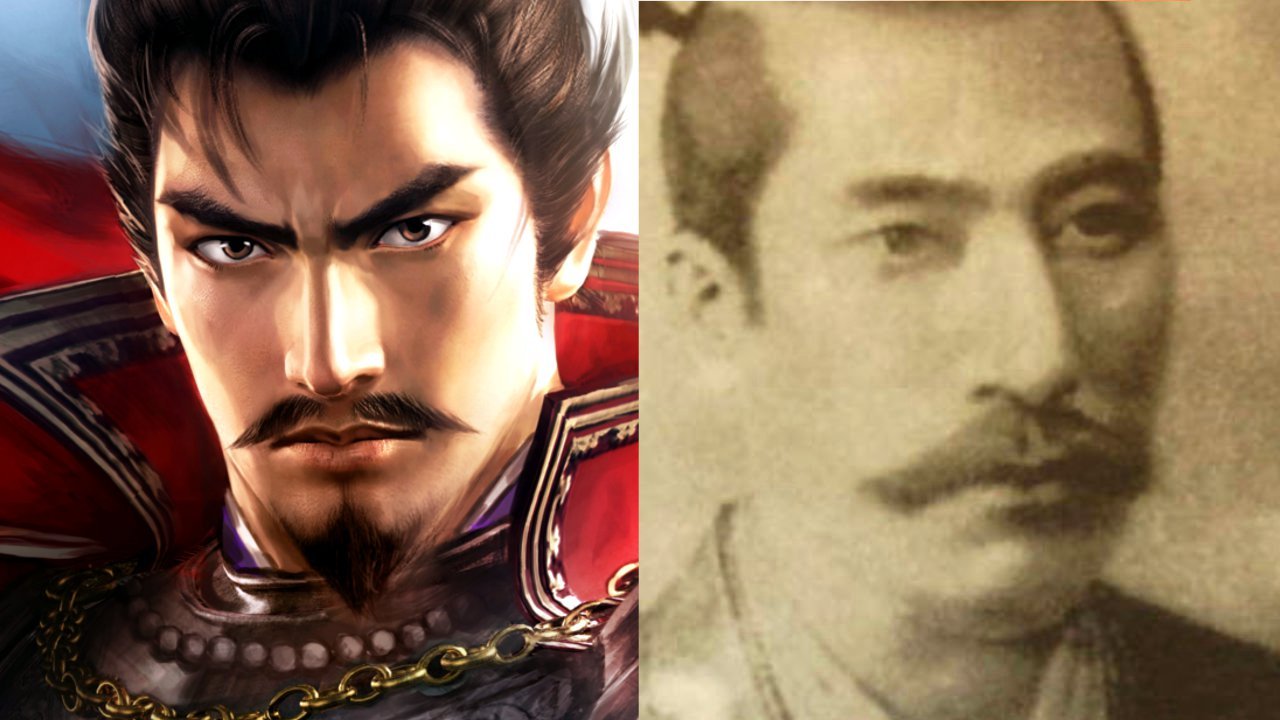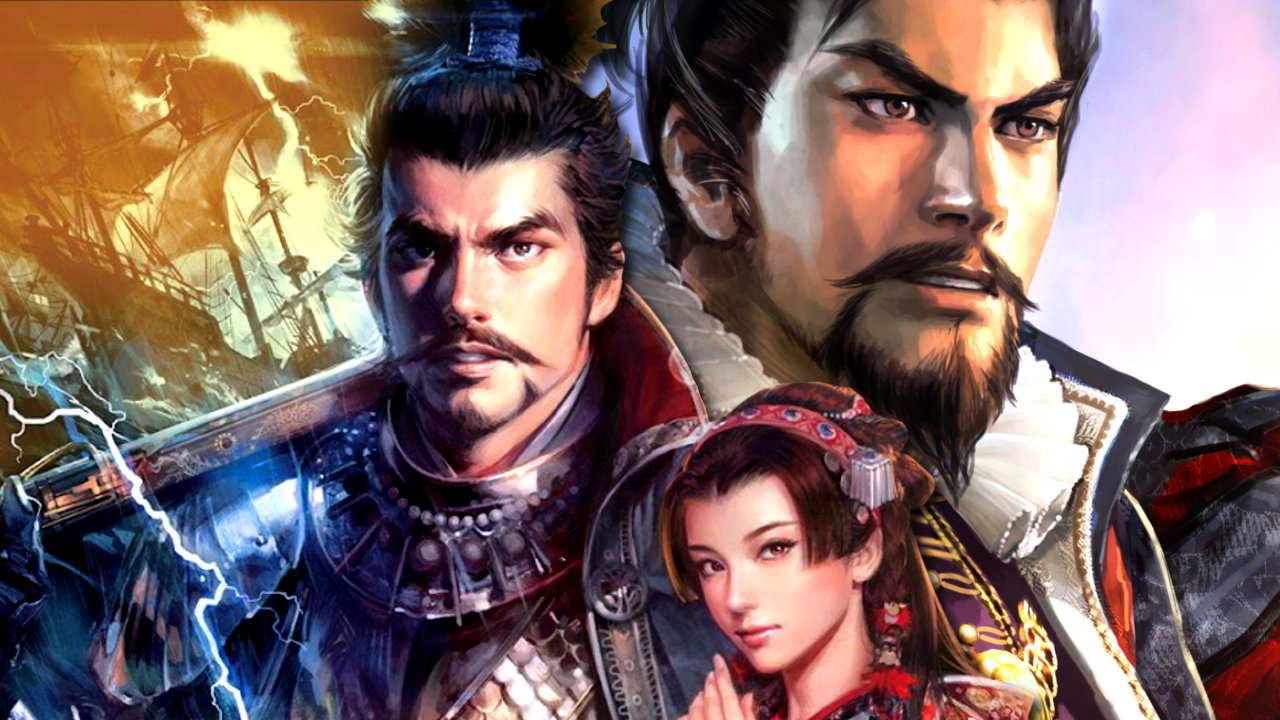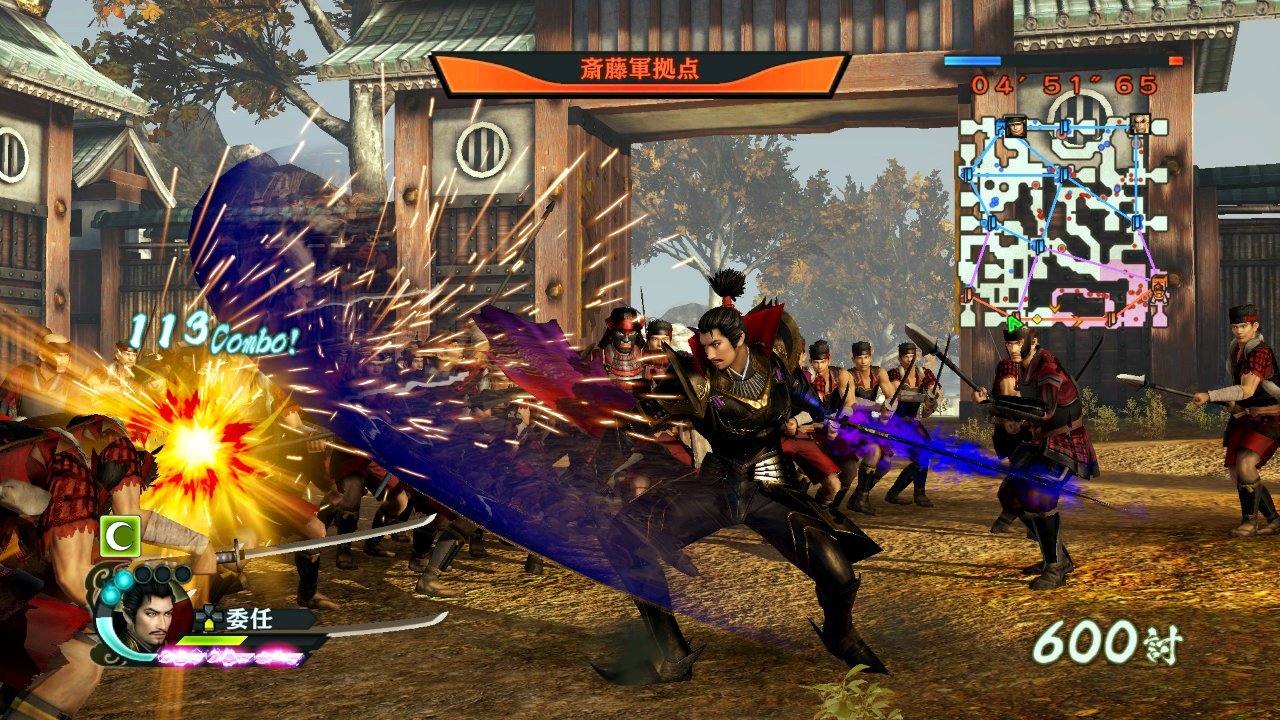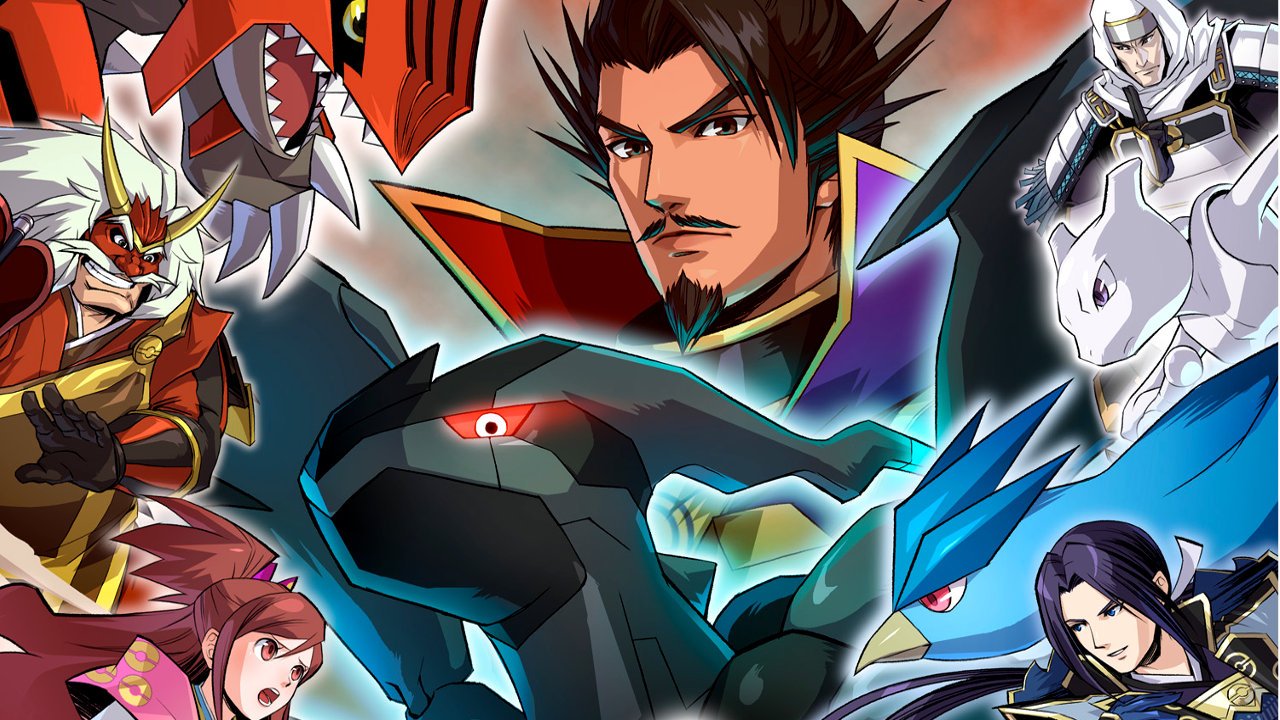Who the Hell is Oda Nobunaga?
From 16th century warlord to 21st century Pokemon trainer, this legendary samurai has endured as one of Japan's most celebrated historical figures. You fought him in Onimusha and commanded his armies in Nobunaga's Ambition, but who is the man behind the character? Who the Hell is Oda Nobunaga?
It's easy to oversimplify history, to look back in hindsight and judge people as either good or evil, winners or losers. But reality is rarely so black and white. Today, over 400 years after his death, Oda Nobunaga is remembered as both hero and villain. His legacy carries with it a duality found in many historical figures, whether we acknowledge it or not. Nobunaga's legend embraces this truth, and is stronger for it. It has cemented itself in Japanese pop culture for hundreds of years - manifesting in games, anime, and more - and will likely endure for hundreds more.

At a time when ambition and violence defined Japan, Oda Nobunaga became legend for the breadth of his ambition and the depth of his violence. This was Sengoku jidai, a nationwide civil war lasting over 100 years. Nobunaga commanded the Oda clan on a campaign to capture Kyoto - the capital of Japan - and end the war. Through progressive use of gunpowder weapons and an unshakeable alliance with the neighboring Tokugawa clan, he nearly succeeded. Ultimately, Oda Nobunaga's actions set Japan on the path towards unification, after which the historically reclusive country would take its place on the world stage.
"[Oda Nobunaga] was a great leader who attempted to unite a war-torn Japan with his revolutionary approaches. He was often very radical and viewed as a destructive force that endangered the traditional ways." This is Kenichi Ogasawara, producer on Nobunaga's Ambition: Sphere of Influence, a long-running strategy series named after the legendary warrior. As such, he's something of an expert on this bloody chapter in Japanese history.
"In his feud with the powerful Ikko Buddhists," Ogasawara continued, "he declared himself 'The Demon King' and was ruthless in the conflict, leaving his mark as a brutal tyrant. On the other hand, he died just before achieving his ambition when he was betrayed by his trusted general, Mitsuhide Akechi. In that sense, he was a tragic hero."

This "feud" with the Ikko Buddhists reached its tipping point in 1571 when Nobunaga, frustrated by their opposition, set fire to one of their temples outside Kyoto. The death toll - which included several women and children - was staggering, even by the standards of that time. It was a slaughter, one which cemented 'The Demon King' title Nobunaga had given himself. This is why he's typically depicted as a villain (Wrath of the Ninja) or demonic entity (Ghost Sweeper Mikami) in pop culture. He was a violent man who thrived in an age of violence, and his legacy owns up to this fact.
While Nobunaga was feared for his ruthlessness, he was also revered for his ambition. Unlike its depiction in Creative Assembly's excellent Shogun series, the Sengoku jidai wasn't some nationwide race for rule of Japan. In reality, only a few had their eyes on the prize. As Ogasawara explained, "There were many prominent lords during the Sengoku period, but most fought to only expand their fiefs and none had the drive or audacity to 'unite the whole of Japan'. In that sense, Nobunaga was the only warlord to conceptualize unification and act upon it, and this is what set him apart."
Sign up to the GamesRadar+ Newsletter
Weekly digests, tales from the communities you love, and more
"Nobunaga was also very innovative compared to most regional warlords of the time. While some warlords shared his interest in foreign culture, only Nobunaga used the religion of Christianity for his political needs and developed tactics using matchlocks. Considering Japan shunned itself from foreign ideology for nearly 250 years following the warring states, Nobunaga was a true visionary."

"I believe that we have much to learn from [Nobunaga's] forward thinking and innovative methods, and that is why he captures the imagination of the Japanese people even today."
Today, this warlord's legend is remembered in movies, anime, manga, and more. "He often appears in many mobile games as well as in Gacha vending machines as a premium/rare character, attesting his revered strength in the hearts of Japanese people. In terms of strange, a TV commercial from a natural gas company had him in it, so you can imagine how well-known Nobunaga is to the average Japanese."
Some of his most famous appearances can be found in video games, including Nobunaga's Ambition. First released by Koei in 1983, this strategy series lets you fight through the Sengoku jidai as any of the major daimyos in the quest to unify Japan. In 2012, Tecmo Koei released Pokemon Conquest, a mashup of this series and Pokemon. As you can see below, it stars none other than Nobunaga himself as the main villain. When you're immortalized as a Pokemon trainer hundreds of years after your death, you've obviously done something to endear yourself to the people.

Even now, centuries later, Ogasawara believes this samurai's legend has plenty to teach us about our own lives. "In a time where many heroic figures fiercely fought against each other, Oda Nobunaga almost succeeded in uniting Japan with his unorthodox ways. I believe that we have much to learn from his forward thinking and innovative methods, and that is why he captures the imagination of the Japanese people even today."



